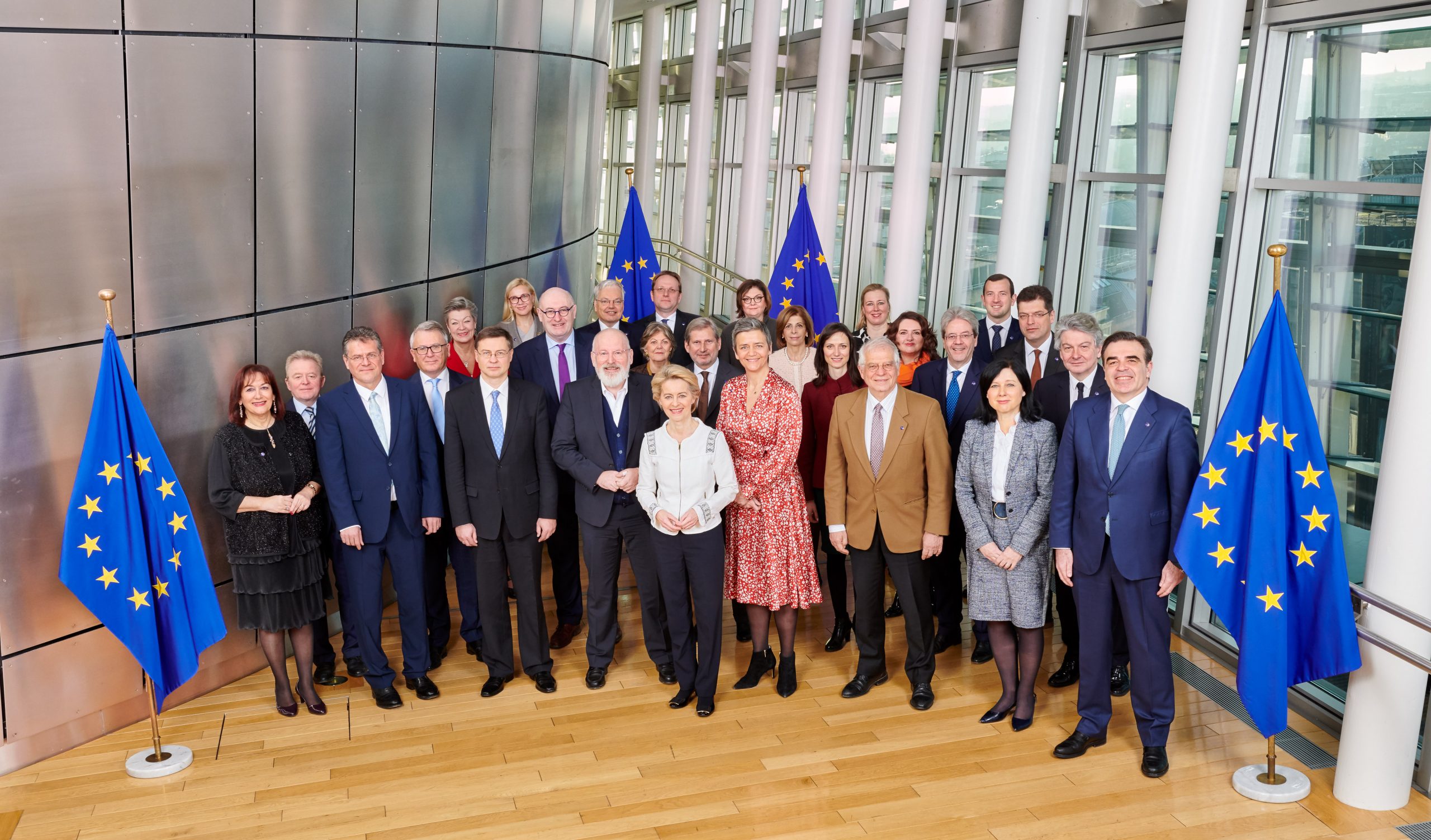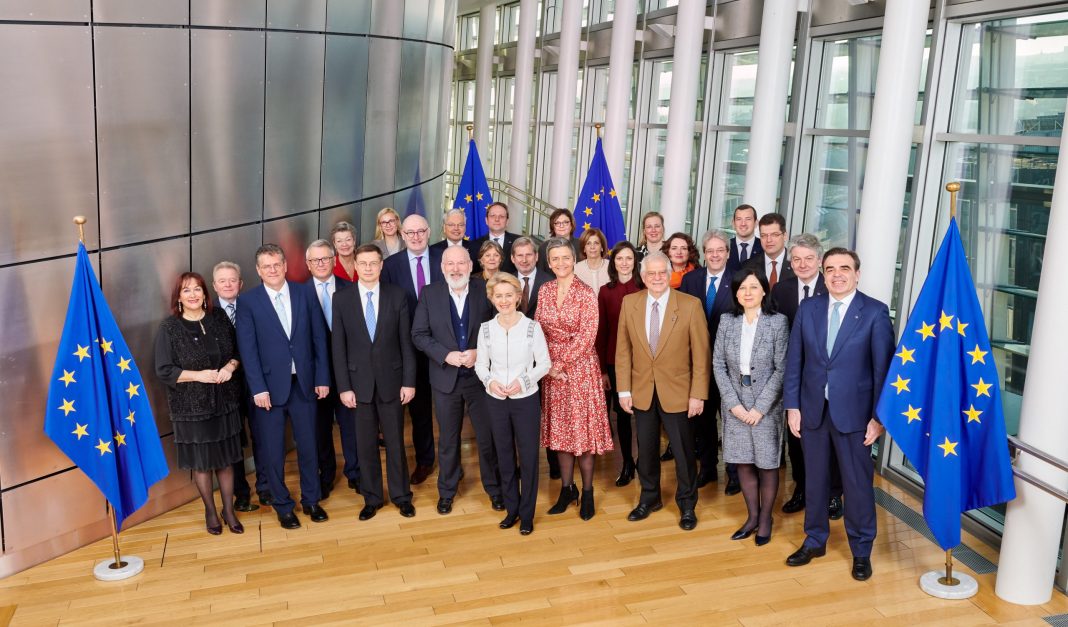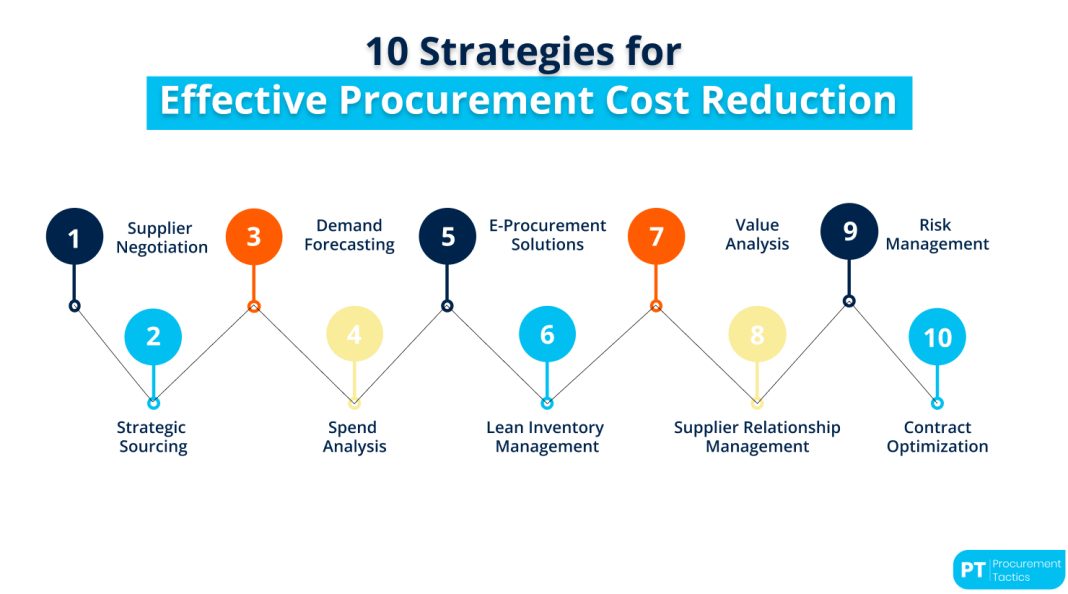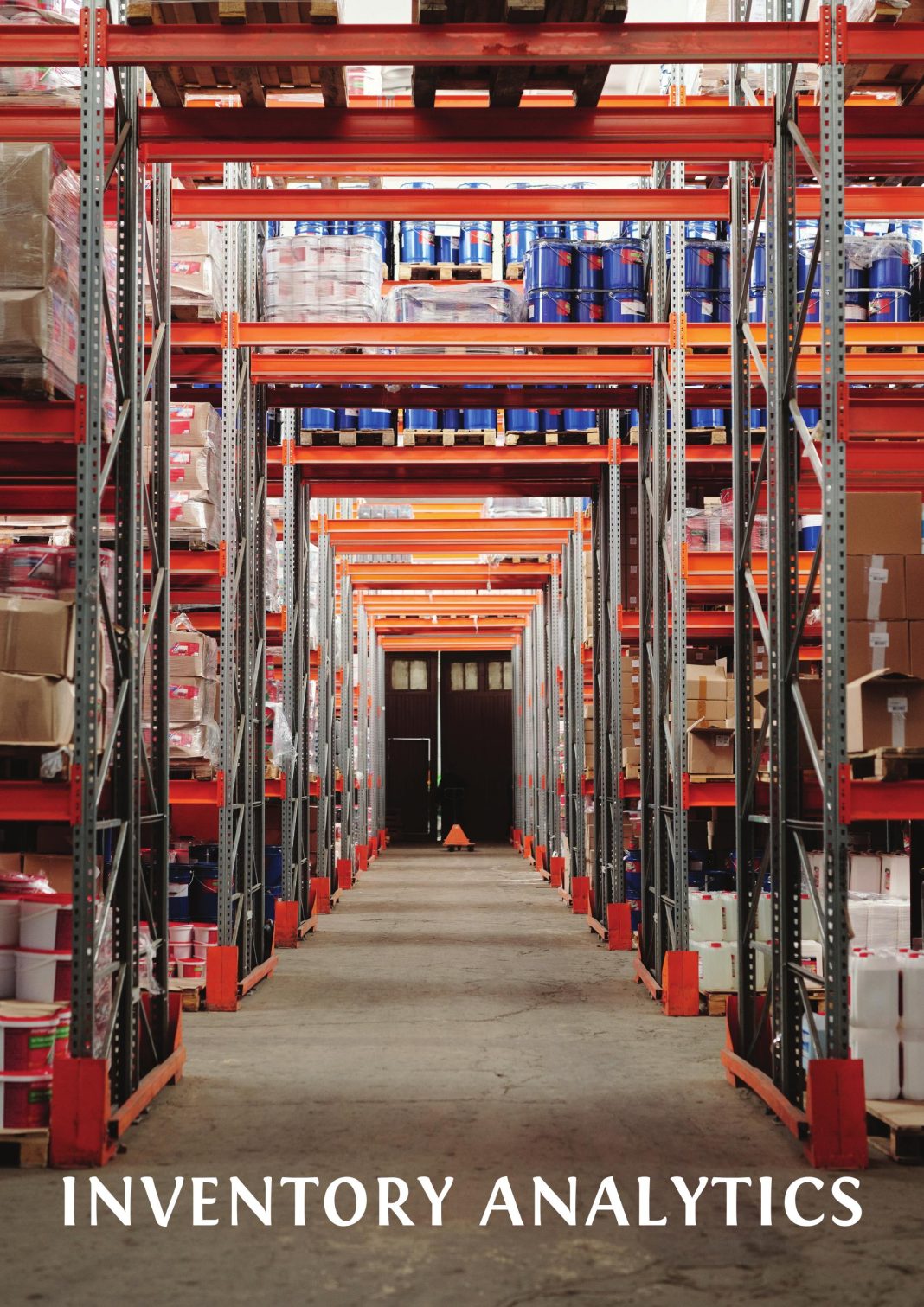
Chinese Communist Regime Official Negotiates with European Commission Over Chinese EV Tariffs
In a significant development, a Chinese communist regime official, Wang Wentao, has arrived in Europe for negotiations with the European Commission regarding Chinese electric vehicle (EV) tariffs. The European Commission recently announced that the deadline for Chinese manufacturers to set a minimum price on Chinese EVs has passed, concluding a crucial phase in negotiations. The European Union is now preparing to vote on Chinese EV tariffs in the coming month.
The European Commission has proposed imposing tariffs as high as 36.3 percent on Chinese EVs, and Wang Wentao’s visit aims to address this issue. He plans to meet with EU trade chief Valdis Dombrovskis to discuss the matter further. However, according to a European Commission spokesperson, the deadline for submitting new price undertakings has already passed, making it impossible for Chinese automakers to offer new proposals at this stage. The spokesperson also noted that these manufacturers had ample time to make price undertakings before the deadline, which would have allowed for meaningful engagement on the topic.
Last week, the European Commission confirmed that it had reviewed and rejected minimum price offers from Chinese manufacturers. The commission is scheduled to vote on the tariffs in October. The proposed tariffs include 9 percent for Tesla, 17 percent for BYD, 19.3 percent for Geely, and 36.3 percent for the state-owned SAIC Group, in addition to the standard 10 percent duty applied to all imported cars.
The European Commission’s decision to consider imposing tariffs on Chinese EVs stems from an investigation into the Chinese EV industry. The commission concluded that the Chinese regime had subsidized the industry to the point of causing overcapacity, resulting in artificially low prices. These low prices have the potential to disrupt the European market. If the majority of the EU’s 27 member states vote in favor of the measure, the tariffs will be implemented by the end of October. Typically, trade duties remain in effect for five years once passed.
Italian Foreign Minister Antonio Tajani has expressed his support for the tariffs. Italy, being one of the EU’s major carmakers, has been actively seeking to attract Chinese carmakers Dongfeng and Chery Auto to establish factories in the country. Tajani met with Wang in Rome on September 16, and in an interview, Tajani emphasized the need for fair access to the Chinese market and a level playing field for European companies, particularly SMEs and businesses in the agri-food sector. Tajani also discussed the importance of Chinese collaboration on the security of the Red Sea and the issue of military supplies to Russia, particularly in light of the ongoing war in Ukraine.
In conclusion, the negotiations between the Chinese communist regime official and the European Commission highlight the tensions surrounding Chinese EV tariffs. The European Commission’s investigation into the Chinese EV industry and subsequent proposal for tariffs underscores concerns about China’s subsidization practices and their impact on the European market. The upcoming vote by the EU member states will determine whether these tariffs will be implemented, potentially affecting major Chinese automakers. Additionally, Italian Foreign Minister Antonio Tajani’s support for the tariffs demonstrates the EU’s desire for fair trade and a level playing field in their economic relationship with China.


